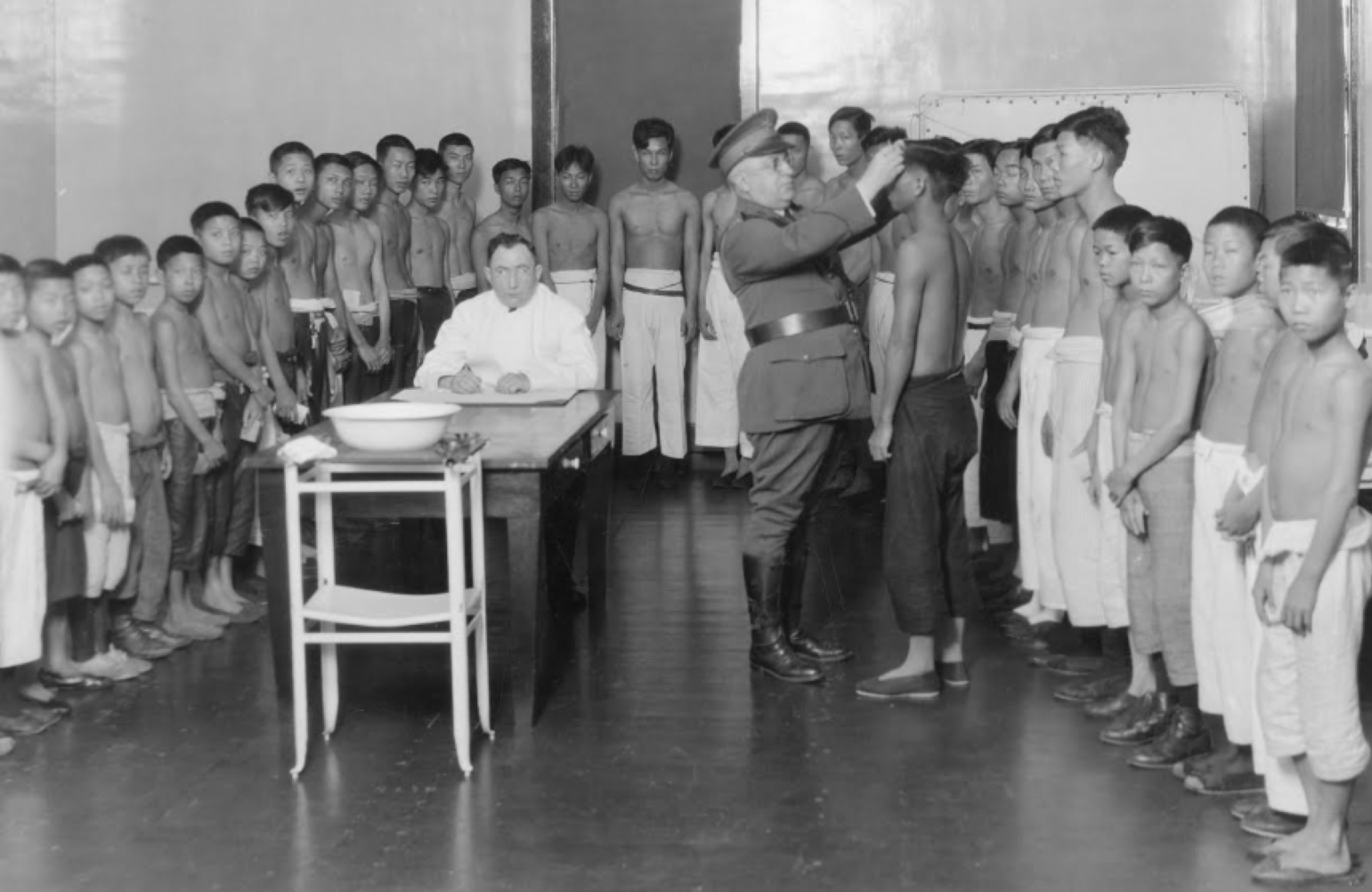Cold War Disability: The Biopolitics of U.S. Military Empire in Post-1945 Asia
Ka-eul Yoo
Literature
UC Santa Cruz
How might disability as a critical lens offer key insights into the U.S. empire and race? Employing an interdisciplinary framework that draws principally from transnational Asian American studies and critical disability studies, I examine how the United States constructed and leveraged concepts of disease and disability in its military operations in Asia and at home to further its Cold War agenda. As this project demonstrates, the United States marked certain vulnerable Asian populations it deemed to be contagious ideological threats as disabled. By analyzing post-1945 transpacific cultural texts and archival materials, my project contends that the United States strategically conflated race and disability to justify its interventions in theaters of war in Asia and its immigration policy toward Asians throughout the Cold War. At the same time, by examining community archives—the poetry and memoirs of South Korean Hansen’s disease patients, Chinatown historians’ writings and oral histories, and Asian adoptee cultural expression—I explore how Asians impacted by medicalized U.S. Cold War policies creatively employed the concept of disability to resist this pathologization. This project unpacks the Cold War’s violent legacy, which, as seen in the US administration’s characterizations of COVID-19 as a Chinese virus, is still present today.

